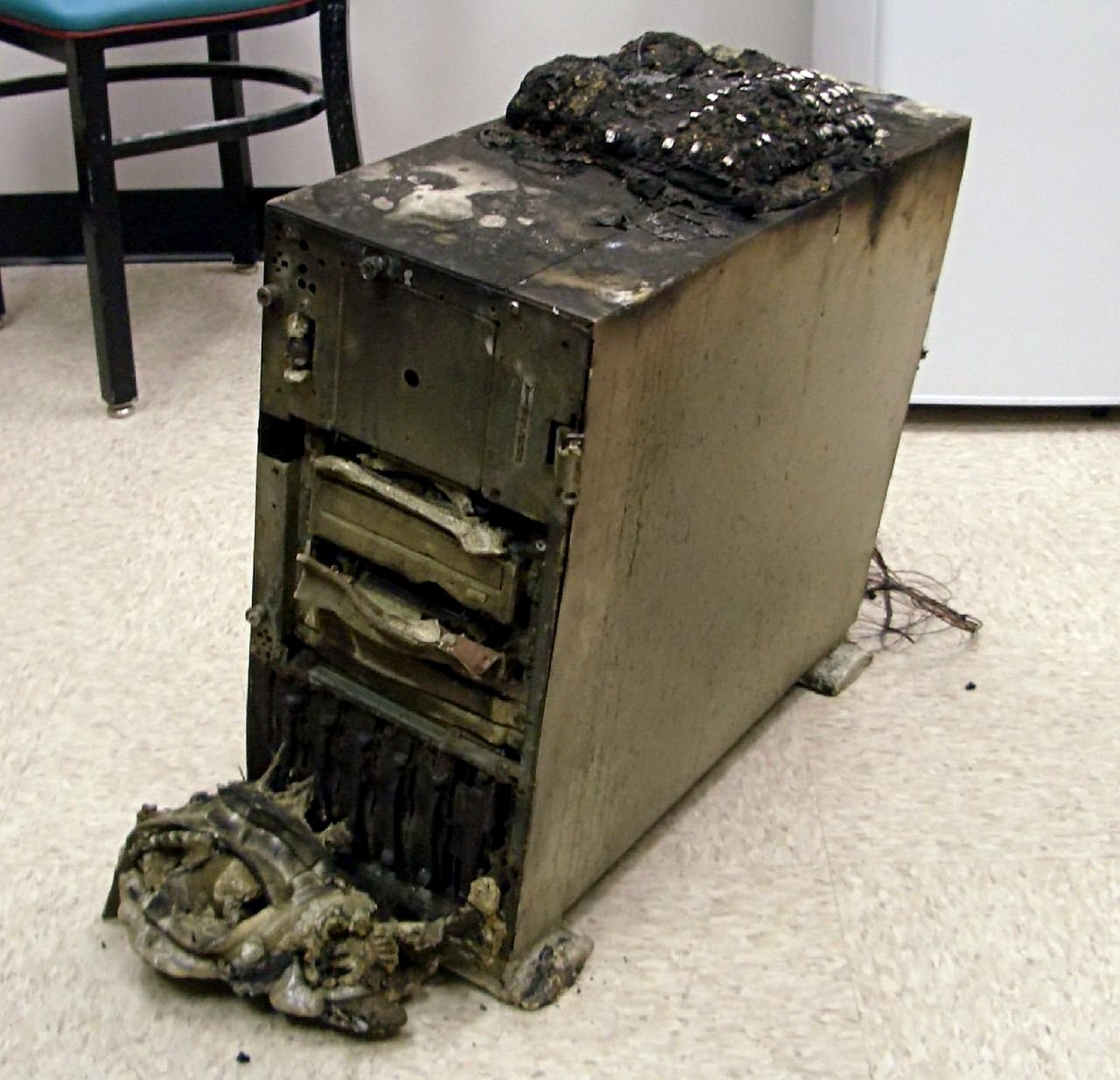Backups: The Designated Survivor
October 18, 2013
In the United States, when the president, vice-president, and cabinet all gather together, one person has to be absent. That person is the designated survivor.
The designated survivor – usually a member of the cabinet – stays in an undisclosed location until the gathering is over. They are absent in case a catastrophe incapacitates the rest of the US government. He or she would have to take over in the event of disaster. The designated survivor is, in effect, the backup president.
Backups
What does this have to do with academic writing? Consider these news articles:
“A lot of people are asking me why I didn’t back up my data,” Jim said. “I think the reason is that I am pretty busy recently and this kind of thing never happened to me before.”
Her jewelry – including heirlooms from her great-grandmother – Kodak camera, laptop and most importantly, the external hard drive and flash drives that had all of her work saved on them, were taken. “They stole every piece of data that I have,” Lynch said. “All the projects that I’ve done since I started school. I had extra copies – the things that you do in case it fails,” she said. “But never did I think someone would break into my home. I never imagined this would happen.”
“I slowly realised the coincidence of having everything in the bag. It was not a happy night.” The thesis was his research on the impact of climate change on subalpine tussock grasslands. The theft forced him to consider returning to his native Switzerland with nothing to show for almost three years work.
Fire, flood, theft, corrupted files, and other accidents pose a risk to all students. If you’re doing any kind of academic work, you need a designated survivor.
Where?
- When saving work to your computer, don’t save it in only one place. There is always a risk that the file will be corrupted, accidentally deleted, or overwritten. Multiple copies in multiple folders reduce this danger.
- USB flash drives (thumb drives) are a cheap and quick way of backing up your work – but beware of viruses that can spread from an external drive. You could burn your work to a CD, or even print it out for a physical backup.
- Many web services offer online cloud backup: your work is saved and is available from any computer or mobile device connected to the Internet. The most common backup services are Dropbox and Google Drive.
- Email copies of your work to yourself. Webmail accounts contain a lot of free storage (GMail, for example, currently offers 15GB) and, like cloud backups, are available wherever there is an Internet connection.
How?
- Set a regular schedule: back up your work at the end of every day or week. You could set an alarm on your phone to remind you, or make it part of your study routine.
- Keep several copies of your work as you progress. For example, rather than saving over last week’s version, save a new copy and keep the old one too.
- Rather than deleting unneeded work, move it to a ‘slush’ file or folder in case you find a use for it later.
- Test your backups to make sure that they’re working. There’s no point in backing up your work if those backups cannot be recovered.
- If possible, keep your backups in several different locations – leave one at home and one at the office or a friend’s place. As you can see from the articles above, a thief could take your laptop and thumb drives at the same time.

By John from USA (Backup Backup Backup – And Test Restores) [CC-BY-2.0], via Wikimedia Commons

Leave a Reply